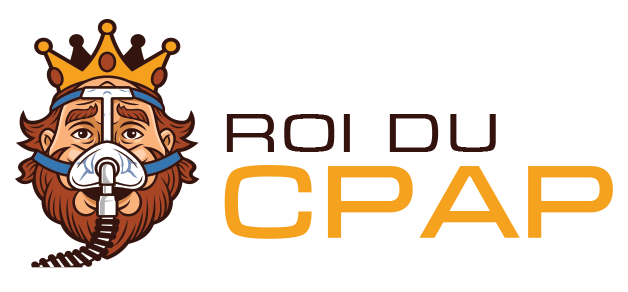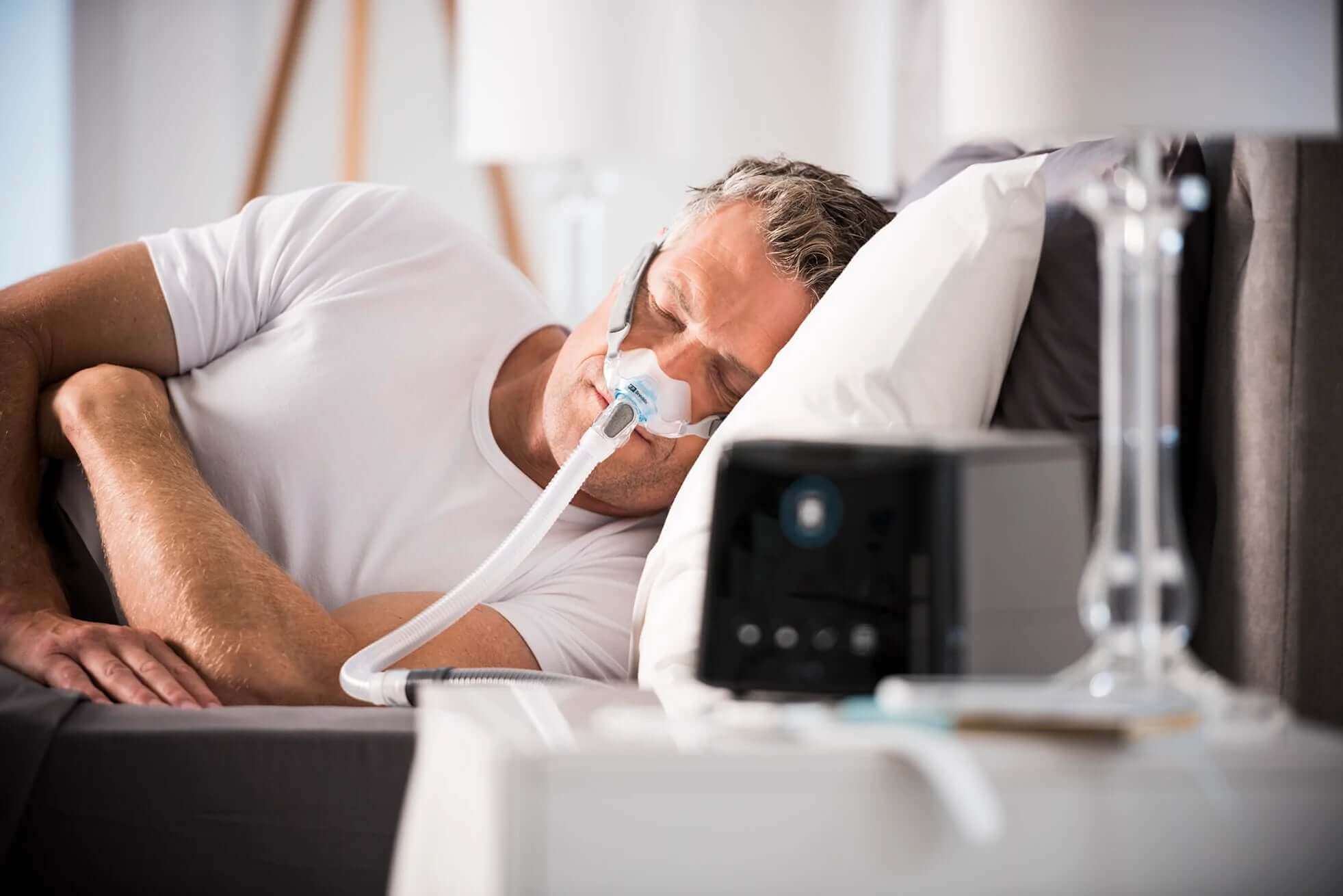What is a CPAP?
Continuous positive airway pressure (CPAP) is a device that people all over the world use to get rid of their several sleeping disorders. It’s a device that keeps the airway open by applying mild air pressure to it; allowing the person to breathe normally and consistently while they sleep.
A common problem people face in their sleep is usually related to their breathing. These problems; like obstructive sleep apnea or chronic snoring, can be treated with a continuous positive airway pressure device. You’ll learn more about this device later in this article; for now, let’s talk about how obstructive sleep apnea works.
How Does Obstructive Sleep Apnea Work:
Sleep apnea is a common sleeping disorder. According to a survey done in the United States, “It's estimated that one in 15 adults in the United States has obstructive sleep apnea, which equals 18 million people”. It’s not a complex disorder, it works quite simply but the consequences it can have are terrifying. Think of the disorder as trying out scuba diving, but you only have a snorkel. While your partner will be descending into the depth of the ocean, you’ll be left splashing to the surface every 30 seconds for air. Only you’re not underwater, you’re sleeping. The flaws in your breathing pattern are your own doing.
Since it is a chronic disorder that can cause pauses in one’s breathing ability while they’re asleep, it’s highly advised that instead of getting used to the disturbances in your sleep you should get treatment.
People who have sleep apnea experience tons of difficulties in their sleep. Since their breathing stops constantly throughout the night, they find themselves waking up at random intervals which messes with their sleep schedule. Being as serious as any medical condition can be, it has tons of risks that you should know about before you start adapting to it. From heart diseases to strokes, sleep apnea can increase the risk of tons of pre-existing medical problems. This disorder is also prevalent in kids and teenagers.
What Kind Of Features Of Obstructive Sleep Apnea Can Be Seen In Pediatric Patients?
When parents notice that their kids haven’t been acting the way they used to. They tend to look out at the many common factors there might be for this weird change in behavior. While some parents might look at their kids’ social circle, others might look at their school. What most parents tend to ignore is their kids’ sleeping behavior, which is usually the culprit behind the many disturbed behaviors of kids. You see, like people of any age, getting at least 8 hours of sleep is highly important so they go through their day easily while staying healthy. For people who don’t get enough sleep, around 4-6 hours, their productivity and creativity are brought down and they can usually be found sleeping during the day.
Kids suffer from the same cycle if they don’t get enough sleep. They can become easily irritable and can have destructive behavior. They’ll be left falling behind in their classes and will be tired and annoyed even during the day. How the sleeping behavior of a kid is disturbed is a different story. Many sleeping disorders are prevalent in kids or young adults aged 18 years old. To find out the exact type of disorder, your kid can get a focused sleep history from a pediatric clinic visit. To get this history, the pediatrician will start asking general questions regarding the kid’s sleep quality, while also recording the several sleep disturbances the kid will be having.
One thing many people don’t know is that kids snore as well. You read it correctly, kids with sleeping disorders like sleep apnea can be seen snoring throughout the night. Although not as loud as the snores you’ll hear from someone aged older, they’ll be equally harmful. The reason behind can although be a medical condition, it’s more likely to be a natural one. Parents who report that their kids have been snoring frequently will often get the diagnosis that their kids have a respiratory tract infection or simply, nasal congestion. If they do however don’t get this diagnosis, the kid is then treated for sleeping disorders, like obstructive sleep apnea. A kid with obstructive sleep apnea can be heard snoring audibly for 3 or more nights a week.
There is however good news for people who have sleeping disorders like sleep apnea, regardless of their age. Treatments are available all over the world. People around the world have tried certain devices like a CPAP to cure their sleeping disorders, rather than previously adapting to their new change in lifestyle. Getting used to these devices might not be easy, but it can be made easier.
How Can I Get Used To My Prescribed CPAP Device?
- Easing Yourself Into Sleep Therapy: It’s important to know the reason you’re treating the usage of this device as therapy. Making this therapy an important part of your health is a great way to get used to using devices like the CPAP.
- Making Sure The CPAP Mask Is Comfortable: If the CPAP mask doesn’t fit properly, your sleep won’t be improved and the disorder won’t go away. It’s important to get the prescribed device that fits you.
- Staying Relaxed When Going To Sleep: If you’re tired and have a busy mind that is racing, you’ll be uncomfortable with the sleeping device and won’t be able to sleep. This is why it’s important to clear your mind and relax before putting the mask on.
CANADA'S WIDE SELECTION OF CPAP MACHINES, CPAP MASKS & CPAP ACCESSORIES
No matter where you are in your sleep apnea journey, the CPAP King has you covered. If you are looking for brand new equipment and CPAP machines at the lowest price, you're definitely at the right place. We offer you the top-recommended brands for CPAP Machines, CPAP Pillow Masks, Nasal Masks, Full Face Masks, CPAP Supplies, and Sleep Accessories at a fraction of the price. Order now and take advantage of free shipping and no-hassle return policies across Canada. You don't need to break your wallet to get the sleep you deserve!
Do you have questions? Call us toll-free at 866-476-4821 or start chatting now with one of our CPAP experts today.


Share:
What Is The Difference Between A BiPAP Or Bi-Level Machine?
Can A CPAP Pillow Help Minimize Snoring?